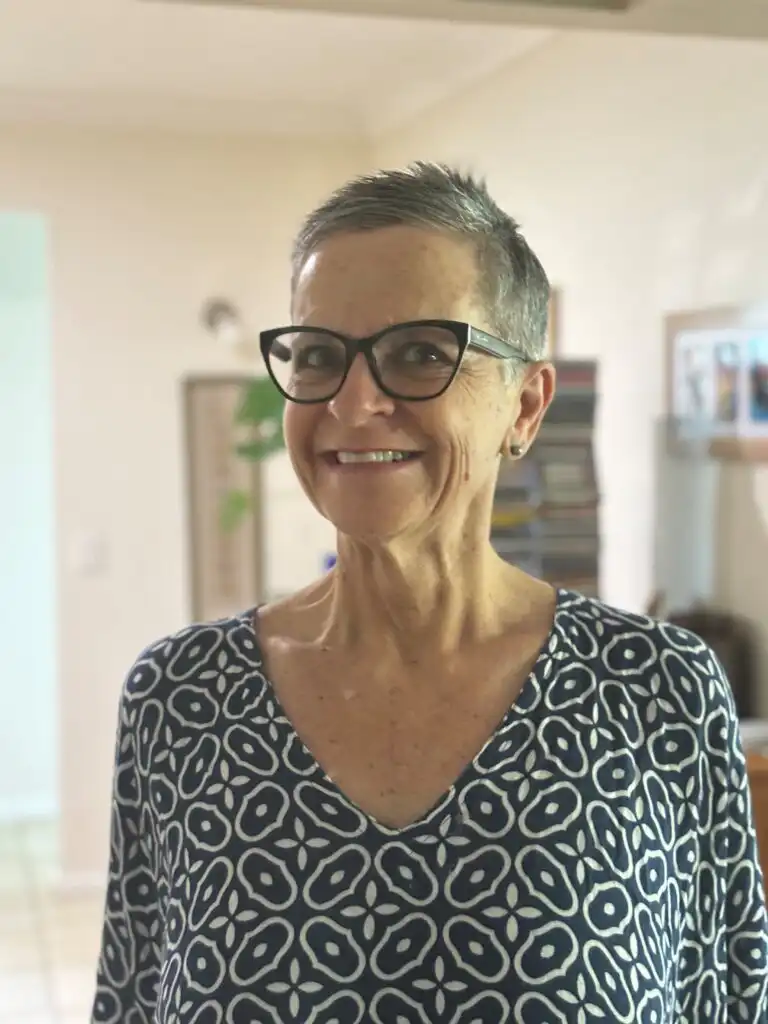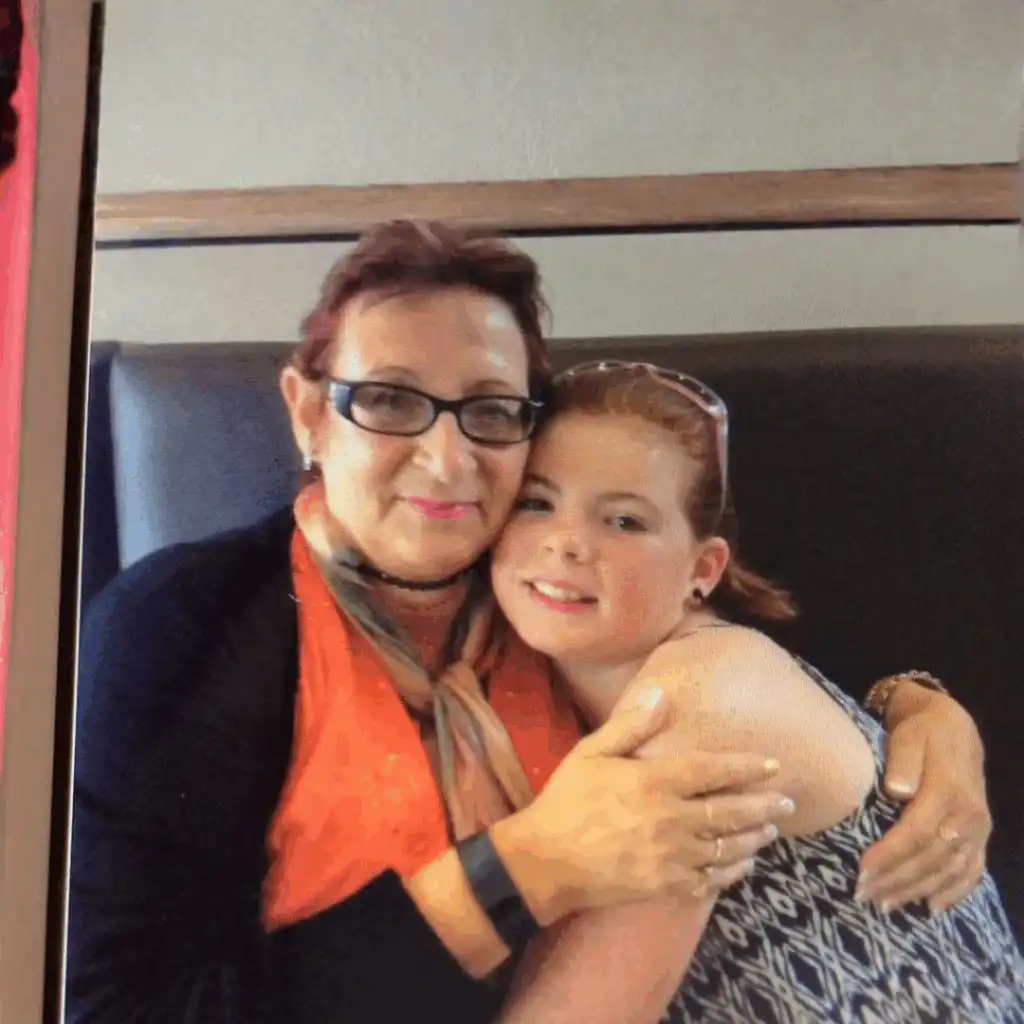When a friend or loved one is diagnosed with lung cancer or lung disease, you may feel at a complete loss as to how you can help or what you are supposed to say. You might have many questions about the condition but may not be sure how to ask. You may feel quite helpless and unsure of how to act around them.
Your loved one may not reach out for help or contact you in a way they normally would. You may suppose it is because they are doing well enough, are busy or don’t need one more person bothering them. You may think that they don’t need you or your support at the moment, but in fact, they may not wish to appear to be a burden or worry you.
Sometimes it is easier to think of illness and the associated grief and loss as something too difficult to face, so when things like this happen it may cross your mind to give them some space, and leave things be. But the hard times are when it is important to show up the most, even though your first thoughts may be to try and avoid difficult situations.
Turning up in the hard times is one of the greatest gifts you can give to someone you care about. Your relationship and the things you used to do together may need to adjust or change but going through the tough times together may deepen your connection. Staying away can cause you to drift apart and may lead to feelings of heartache and regret.
How can you be there?
It’s normal to be unsure about how to be there for your loved one. You may not always be able to physically be present but being emotionally present and available to your loved one will be incredibly meaningful to them. You will have things in your life that pop up and you have to prioritise. Your loved one will know this. Being present and caring for a special person in your life doesn’t mean you have to be the perfect friend or family member and get it right every time. There are countless ways to be there for someone.

Ask your loved one directly about what they need? Let them know that it’s okay to be honest. And if they seem unsure, have a list of things you think you might be able to do or suggest. Options may include:
- a check in text or phone call each week
- listen without providing feedback or comparisons
- to have a conversation about anything other than health
- for you to organise a suitable time and place for them to catch up with you (they will be weary from constantly arranging appointments and having to think of planning)
- help with a household chore that may have become too much for them
- a shoulder to cry on or someone to laugh with
- sit and look at old photographs or watch a movie together if it is hard to know what to talk about
- check in on their caregiver – helping their support person
,can help them give more reliable support
Expect your loved one’s moods, emotions, and sense of wellness to fluctuate. This can be influenced by how they feel, what appointments or treatments they have had, if they have tests or scans coming up and their energy levels on any given day. Understand if they need to spend some time alone. Focus on the things that you can still do together. Your loved one will still want to be part of the good things going on in your life too. Depending on how they are, you can still share joyful news and other stories with them whilst considering and acknowledging how tough things are for them.
Be prepared – plans may need to change
If you are making plans to go out which include your loved one when they are unwell, you may need to work out options around parking and walking distance to the venue. Understand they may not be able to stay for the entire time, so if there are speeches at a celebration, they may need to be earlier rather than later. Ensure there will be enough seating or space for them to move around a venue easily. It can take time and some extra effort, but it will be wonderful for your loved one to be considered in such a way.
However, be prepared that they may not be well enough to attend, no matter how much planning you may do. They are not in control of what happens with their health – it is in no way a reflection on you or how much they care about you. They will be doing their best, just like you are.

There are no hard and fast rules about what it means to be supportive when a friend or loved one is living with lung cancer or lung disease.Just know that being there when times are incredibly tough will mean the world to them, even if they may not always be able to show it at the time. If you are not certain about what to do, let your loved one know that you want to be there for them, and just say you are not sure how. It can help start a meaningful discussion to understand their needs, which can help them feel supported and less alone.
Was this page helpful?
Good job! Please give your positive feedback
How could we improve this post? Please Help us.



